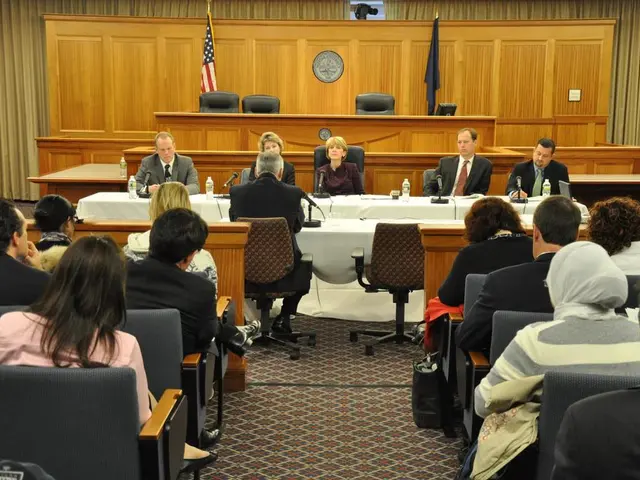Empowering Women Through Panchayati Raj Institutions (PRIs)
Women's Empowerment in the Context of PRIs (Panchayat Raj Institutions)
Panchayati Raj Institutions (PRIs) have emerged as a significant catalyst in women's empowerment, playing a pivotal role in increasing political representation, enhancing leadership skills, and promoting socio-economic development at the grassroots level.
Political Representation and Leadership Development
The 73rd Constitutional Amendment Act, 1992, mandated at least one-third reservation of seats for women in PRIs. Today, there are approximately 14.5 lakh elected women representatives (EWRs), constituting about 46% of the total representatives in PRIs.
The government's "Sashakt Panchayat-Netri Abhiyan" focuses on capacity building for these women leaders, offering specialized training modules to sharpen their leadership, decision-making capabilities, and address challenges such as gender-based violence.
Economic and Social Empowerment
Women linked with Self Help Groups (SHGs), numbering around 10 crore across 90 lakh SHGs, are transforming rural areas economically while gaining leadership and negotiation skills at the grassroots. PRIs also provide a platform for women to voice their concerns, participate actively in development programs, and influence socio-economic policies at the local level.
Creation of Women-Friendly Governance Spaces
The government launched the Model Women-Friendly Gram Panchayats (MWFGP) initiative, aiming to designate at least one women-friendly Gram Panchayat in every district. These Gram Panchayats serve as role models that strengthen gender equality and sustainable rural development.
Challenges Faced by Women in PRIs
Despite these advancements, women leaders face several challenges, including socio-cultural barriers, capacity and training gaps, political interference, and gender-based violence. Addressing these issues is crucial for ensuring effective participation and empowerment of women in PRIs.
Case Studies and Evidence
Studies show that decentralization through PRIs has provided women an opportunity to influence policy and governance at the grassroots, elevating their political, social, and economic status in rural communities. Implementation of capacity-building programs like the Sashakt Panchayat-Netri Abhiyan shows positive impact in enhancing leadership qualities and governance roles among EWRs.
Way Forward
To further strengthen the role of PRIs in women empowerment, it is essential to expand capacity building, address socio-cultural barriers, enhance legal and institutional support, promote economic linkages, and ensure safe, inclusive, and empowering environments for all women at the local level. These measures, combined with ongoing government initiatives, will chart a progressive path towards gender equality at the grassroots.
Read also:
- Eight strategies for promoting restful slumber in individuals with hypertrophic cardiomyopathy
- Exploring the Strength of Minimally Digestible Diets: A Roadmap to Gastrointestinal Healing
- Secondhand Smoke: Understanding its Nature, Impact on Health, and Additional Facts
- Overseeing and addressing seizure-induced high blood pressure complications in pregnancy, known as eclampsia







